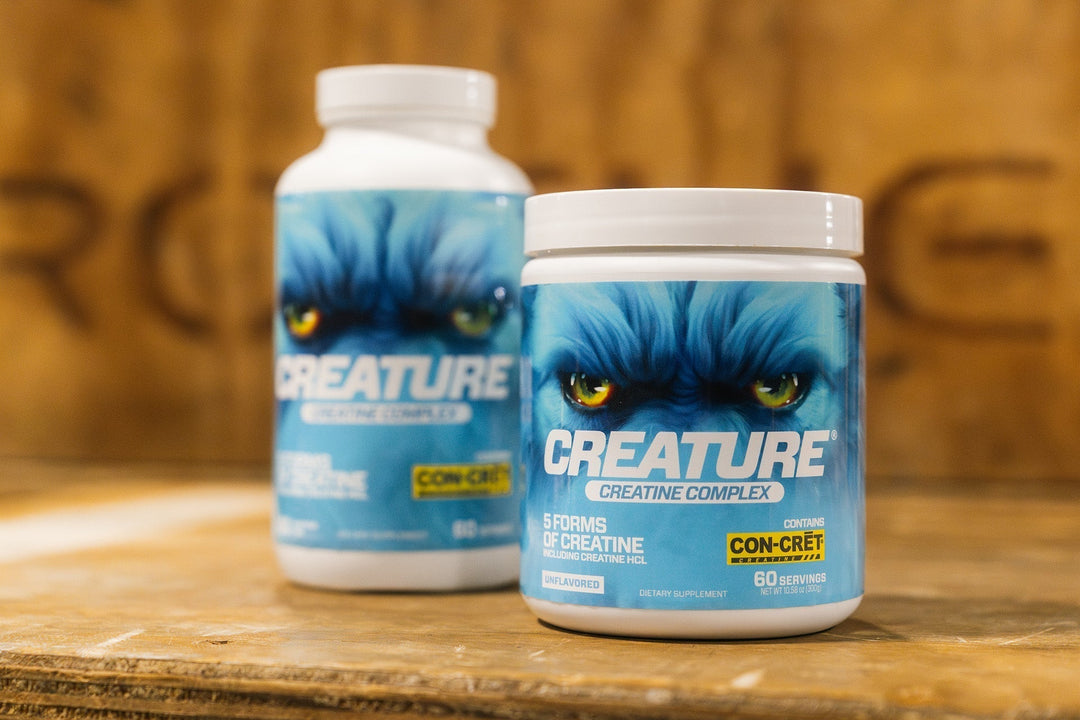CREATURE BLOG


Ever wonder how your muscles generate instant power when you need to sprint, jump, or lift something heavy? The secret lies in a remarkable energy system involving creatine and your body's molecular currency called ATP. While most people think of calories as fuel, your muscles actually run on something much more immediate and fascinating.
Your muscles only store enough ATP for 2-3 seconds of maximum effort – like having a phone that dies after every text message. That's where creatine comes in as your body's secret weapon, acting like a lightning-fast backup battery that can instantly regenerate energy when you need it most.
This system powers every explosive movement you make, from catching a falling coffee mug to showing off your vertical leap. Understanding how it works reveals why creatine supplementation has become so popular and gives you insight into one of biology's most elegant solutions for instant energy delivery.

One of the most common questions among fitness enthusiasts is whether creatine supplementation should continue on rest days. While many people understand creatine's workout benefits, they're unsure about its value during recovery periods.
The answer might surprise you: taking creatine on rest days is not only beneficial but essential for maximizing your results. Here's why consistency matters more than timing.
Creatine works by maintaining muscle saturation levels – think of it like keeping your energy tank full rather than letting it run empty between workouts. When you skip creatine on rest days, your muscle creatine stores begin to decline, potentially reducing the supplement's effectiveness over time.
Beyond maintaining energy reserves, creatine actively supports muscle recovery and protein synthesis on rest days. Research shows it helps reduce muscle damage and inflammation, ensuring you return to your next workout feeling stronger and more prepared.
The science is clear: daily creatine supplementation, including rest days, is the key to optimal muscle saturation, enhanced recovery, and consistent performance gains.
.



